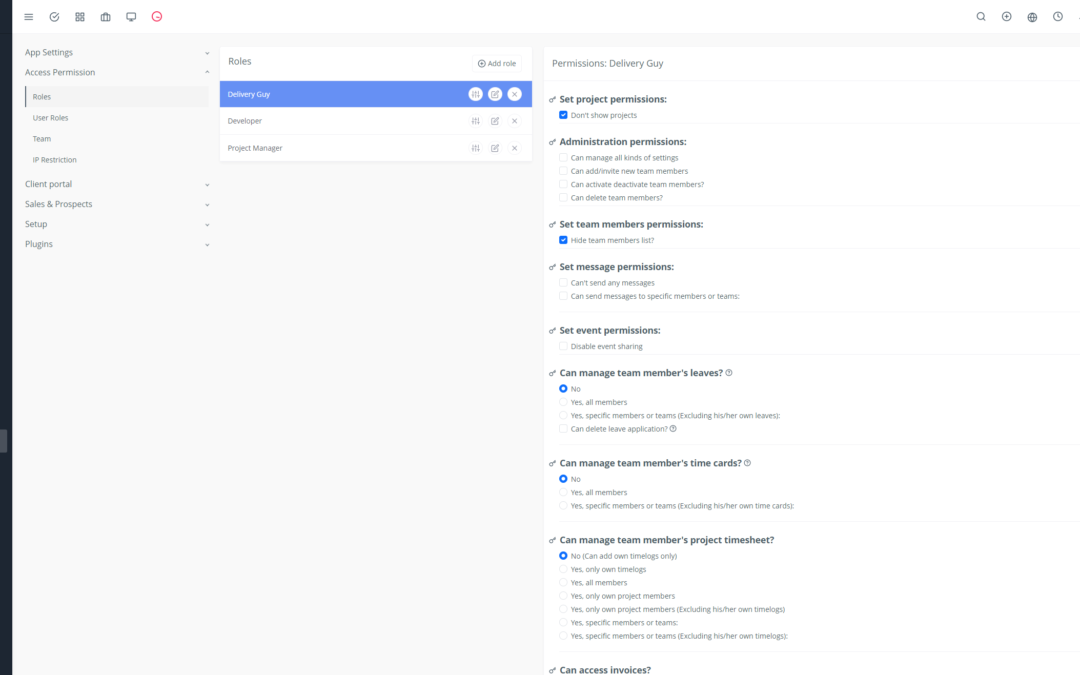Marketing agencies operate in a complex and dynamic environment. To succeed, they need to manage a large amount of data, campaigns, and client interactions. A well-integrated CRM (Customer Relationship Management) system becomes a valuable asset for optimizing processes, improving efficiency, and maximizing results.
1. Contact Management and Segmentation: 🎯 Know Your Customers and Target Them Precisely
A powerful CRM allows you to centralize all information about your clients and prospects, and segment them based on specific criteria. This enables you to personalize your communications and offers, targeting the most relevant segments.
Benefits:
Deeper understanding of your customers.
More personalized and effective communication.
Increased conversion rates.
2. Marketing Automation: 🤖 Save Time and Optimize Your Campaigns
CRM can automate many repetitive marketing tasks, such as sending emails, posting on social media, or following up with leads. This saves you time and allows you to focus on higher-value tasks.
Benefits:
Optimization of time and resources.
Improved campaign consistency.
Reduction in manual errors.
3. Campaign Tracking and Analysis: 📈 Measure the Impact of Your Efforts
A CRM integrated with web analytics tools allows you to track the performance of your marketing campaigns and identify areas for improvement. You can analyze campaign data to understand what’s working and what’s not, and optimize your strategies accordingly.
Benefits:
Accurate measurement of campaign ROI.
Identification of weaknesses and opportunities for improvement.
Optimization of marketing budgets.
4. Sales Pipeline Management: 🤝 Convert Leads into Clients
Integrate your CRM with your sales tools to effectively manage sales pipelines and track interactions with leads. This allows you to optimize sales processes and increase conversion rates.
Benefits:
Better visibility into sales opportunities.
Improved collaboration between sales and marketing teams.
Accelerated sales cycle.
5. Essential Integrations for Maximum Synergy: 🔌 Connect Your Tools to Maximize Efficiency
An effective CRM integrates seamlessly with a wide range of marketing tools, such as:
Web Analytics Tools: Google Analytics, Adobe Analytics
Social Media Platforms: Facebook, Instagram, Twitter
Email Marketing Tools: Mailchimp, ActiveCampaign
Online Advertising Platforms: Google Ads, Facebook Ads
Content Platforms: WordPress, HubSpot
Project Management Tools: Asana, Trello
Customer Support Tools: Zendesk, Intercom
Billing and Payment Tools: Stripe, PayPal
Scheduling Tools: Calendly, Doodle
Reporting Tools: Tableau, Power BI
Benefits:
Data synchronization between systems.
Improved collaboration between teams.
Enhanced operational efficiency.
6. Key Benefits of an Integrated CRM: 🏆 Increase Your Results and Customer Satisfaction
A well-integrated CRM allows you to achieve your marketing goals by improving:
Conversion rates.
Customer satisfaction.
Optimization of marketing expenditures.
In conclusion, a well-integrated CRM is an essential investment for marketing agencies that want to succeed in a competitive environment.

